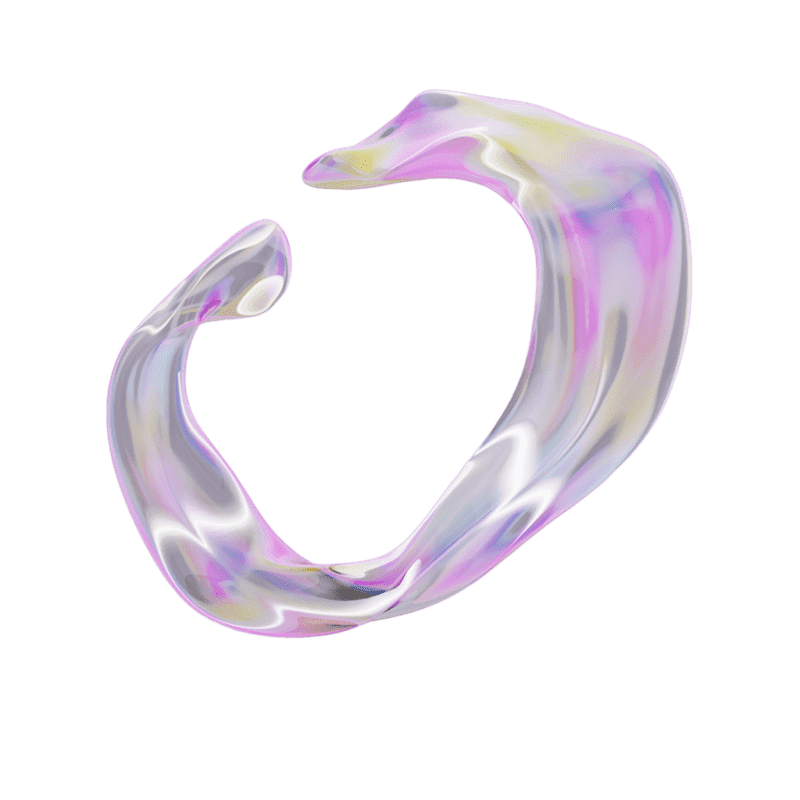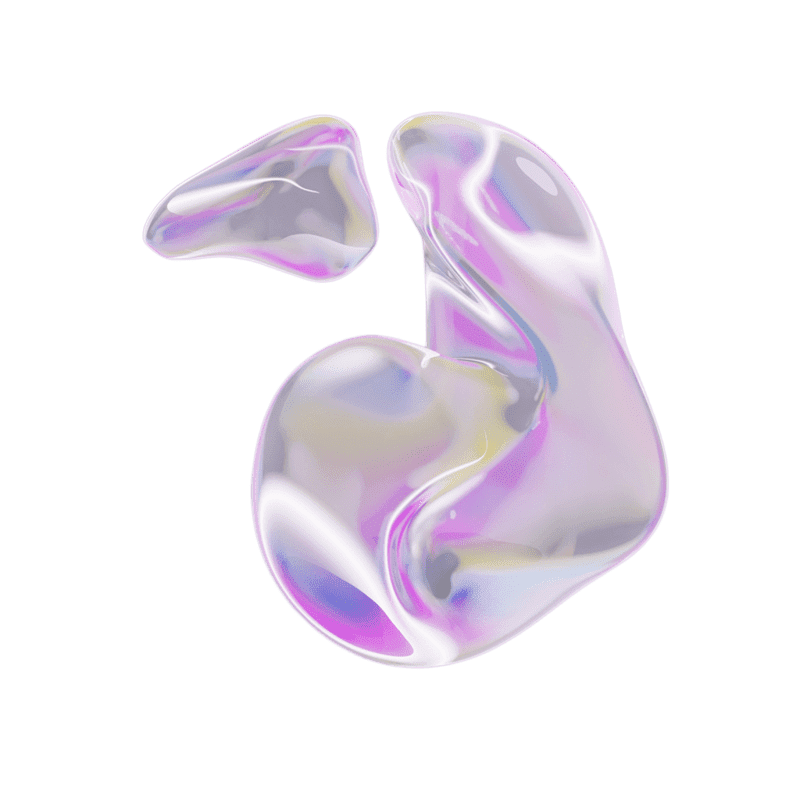Level Up Your QA Game: Mentoring Circles Empowering Quality Assurance Professionals
Discover the Power of Collaboration, Knowledge Sharing, and Career Growth
Our mentoring program aims to foster a supportive and collaborative environment where QA professionals can learn from each other, share best practices, and overcome challenges together. As mentors, we believe in empowering our mentees to reach their full potential and contribute meaningfully to the field of quality assurance.


Mentoring Circles

What is mentoring circle?
A mentoring circle is a collaborative group where individuals come together to share knowledge, support, and guidance. It’s a space where people can learn from each other’s experiences, ask questions, and receive mentorship. Mentoring circles can be formed for various purposes, such as career development, personal growth, or skill improvement.
How does a mentoring circle work?
Mentoring circles have a mentor-facilitator who guides the discussions and ensures that everyone participates. Members may share their experiences, ask questions, or provide feedback to each other. The focus is on creating a supportive and collaborative environment where everyone feels comfortable sharing and learning.

Squad Goals: Achieve More Together
Networking
Connect with like-minded individuals and expand your professional network.
Skill Development
Learning from others’ experiences helps you develop new skills and improve your existing ones.
Support & Guidance
Having a group of people to support and encourage you is invaluable.
Knowledge sharing and collaboration
Participants have formed strong bonds and collaborated effectively on projects, leading to improved team dynamics and problem-solving.
Cross-functional collaboration
Mentors have helped mentees develop a deeper understanding of the development process, enabling them to collaborate more effectively with developers and improve product quality.
Career development
Many participants have achieved career advancements, such as promotions, salary increases, or new job opportunities.
Improved skills and knowledge
Participants have gained expertise in various QA areas, including test automation, performance testing, and quality assurance methodologies.
Increased confidence and motivation
Participants have reported a boost in their confidence and motivation, leading to greater job satisfaction and career success.
Personal growth
Participating in a mentoring circle can help you develop personally and gain new perspectives.
Diversity
Age and generation
Our program attracts QA professionals from all age groups and generations, fostering a rich exchange of perspectives and experiences.
Backgrounds
Participants come from diverse backgrounds, including recent graduates, experienced professionals, and industry veterans. This diversity enriches the learning experience and promotes a more inclusive QA community.
Find Your Tribe
Your Future Self Will Thank You






Wanna know more? Let's dive in!
ISO 9001 Checklist: A Step-by-Step Guide to Implementation
[dsm_gradient_text gradient_text="ISO 9001 Checklist: A Step-by-Step Guide to Implementation" _builder_version="4.27.0" _module_preset="default" header_font="Questrial|||on|||||" header_text_align="center" header_letter_spacing="5px" filter_hue_rotate="100deg"...
Read this before you read ISO 9001
[dsm_gradient_text gradient_text="The 7 principles of quality management" _builder_version="4.27.0" _module_preset="default" header_font="Questrial|||on|||||" header_text_align="center" header_letter_spacing="5px" filter_hue_rotate="100deg" hover_enabled="0"...
When AI Met ISO 9001
[dsm_gradient_text gradient_text="When AI Met ISO 9001" _builder_version="4.27.0" _module_preset="default" header_font="Questrial|||on|||||" header_text_align="center" header_letter_spacing="5px" filter_hue_rotate="100deg"...
Sustainability Through Collaboration Building a Greener Future Together
[dsm_gradient_text gradient_text="Sustainability Through Collaboration: Driving Change Across Industries" _builder_version="4.27.0" _module_preset="default" header_font="Questrial|||on|||||" header_text_align="center" header_letter_spacing="5px"...
Why Sustainable Car Design Matters
[dsm_gradient_text gradient_text="A Comprehensive Exploration of Agile Auditing" _builder_version="4.27.0" _module_preset="default" header_font="Questrial|||on|||||" header_text_align="center" header_letter_spacing="5px" filter_hue_rotate="100deg"...
Cultivating a Quality Culture: Guide to Organizational Excellence
In today’s rapidly evolving global marketplace, organizations across various sectors are recognizing the critical importance of fostering a culture centered on quality. This emphasis is not merely about adhering to standards or regulations but involves embedding quality into the very fabric of an organization’s ethos, operations, and interactions. A robust quality culture ensures that every member, from top leadership to frontline employees, is committed to continuous improvement, customer satisfaction, and operational excellence.
The Hidden Costs of Human Error in Healthcare
Human error is a significant challenge in healthcare, where even minor mistakes can have serious consequences. Unlike other industries, errors in healthcare directly affect human lives, making patient safety a top priority. The increasing complexity of modern healthcare, with its integration of technology and electronic health records, introduces both opportunities and challenges. The need for quality assurance is paramount in reducing human errors and ensuring high standards of patient care.
Consistency in Quality: The Foundation of Total Quality Management
In today’s fast-paced and competitive business landscape, ensuring quality is paramount for survival and success. Concepts such as Total Quality Management (TQM), Lean Manufacturing, and Time-Based Competition have gained prominence as organizations strive to enhance efficiency, reduce waste, and improve customer satisfaction. However, one of the most overlooked yet critical factors for the successful implementation of these quality programs is consistency in quality. Without consistency, even the most well-planned quality strategies may fail to yield the desired results.
Software Engineering Process and Quality Assurance Framework
The automotive industry is experiencing rapid transformation, driven by advances in technology, increasing competition, and evolving customer expectations. To stay ahead in this dynamic landscape, companies must continuously innovate while optimizing costs. One of the most effective strategies for achieving these objectives is outsourcing software development and engineering processes.
Elevating Software Quality in Automotive Engineering
In the ever-evolving landscape of automotive engineering, ensuring high software quality is a key challenge. With the increasing complexity of vehicle functionalities and the integration of advanced driver-assistance systems (ADAS), maintaining stringent quality standards is essential. Volkswagen introduced the Software Quality Improvement Leader (SQIL) initiative to bridge the gap between software quality and supplier collaboration, ensuring the highest standards in automotive software development.
The Future of Batteries: How Organic Batteries Are Changing the Game
Organic batteries are on the rise, offering safer, greener, and cheaper alternatives to traditional batteries. As research progresses, we can expect longer-lasting, flexible, and biodegradable batteries powering our future devices.
Organic Thermoelectrics: Turning Heat into Power
Imagine if you could charge your phone just by wearing your hoodie, or if your laptop could recycle its own heat to power itself. Sounds futuristic, right? Well, organic thermoelectrics are making this a reality! This cool (or should we say hot?) technology is all about using special materials to turn wasted heat into usable electricity.














